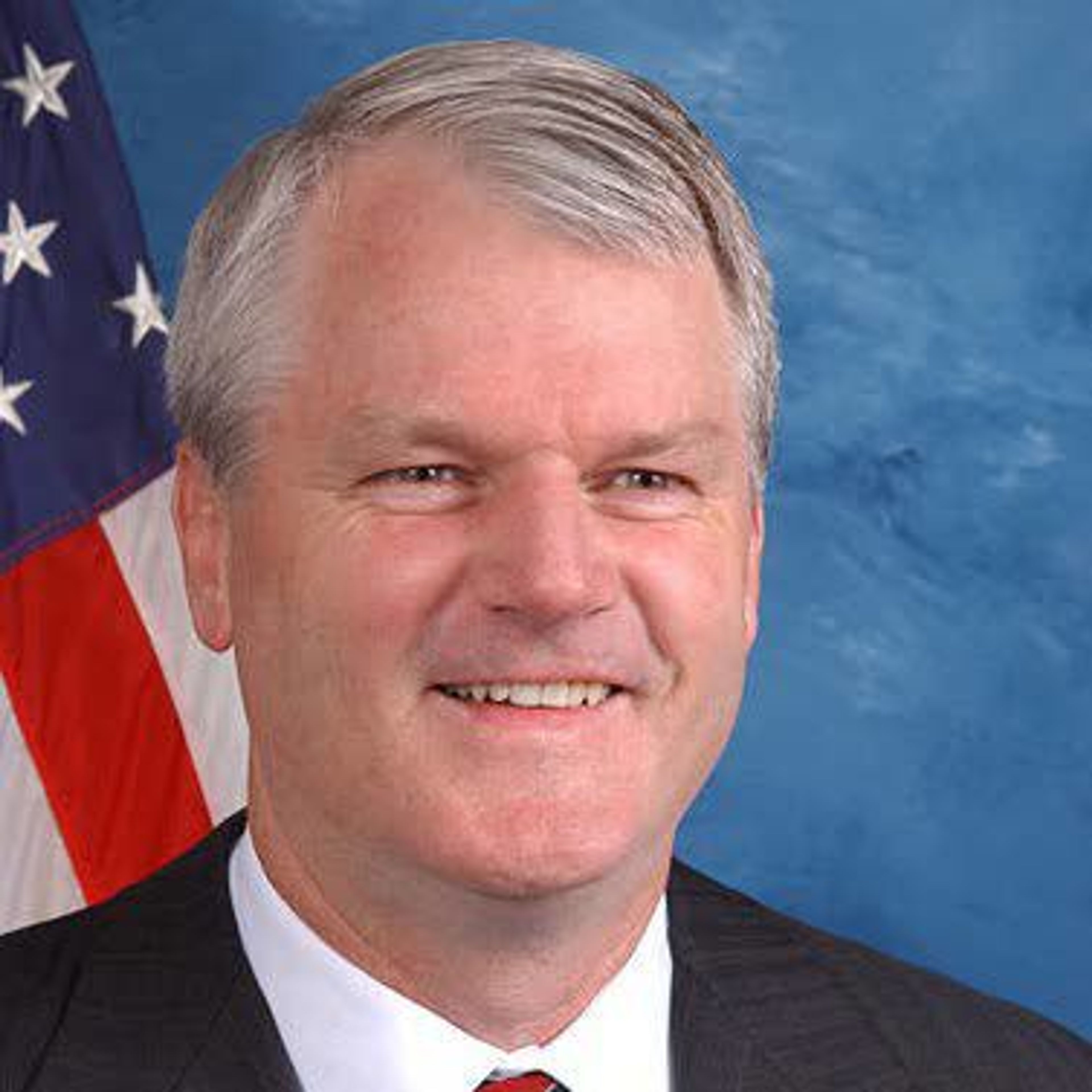Former congressmen discuss bipartisan climate action
At WSU event, Inglis and Baird consider best ways to limit global warming
Two former congressmen from different sides of the aisle visited Washington State University to discuss bipartisan solutions to climate change Thursday, voicing support for a familiar prevention strategy — a federal tax on carbon dioxide emissions.
During the talk, “Climate Change: Will Politics Kill Us?,” former U.S. representatives Brian Baird, D-Wash., and Bob Inglis, R-S.C., said any meaningful solution to the climate crisis will require support from both progressive and conservative voters.
In an answer to the question posed by the title of the talk “Will politics kill us?” Inglis said while the situation is dire beyond a doubt, finding solutions also presents an opportunity to create meaningful “healing” in the modern political climate as well.
“Figuring out climate change might be the thing that models the behavior by which we save the Republic,” Inglis said. “That’s my ultimate hope when we’re dealing with climate change.”
Inglis said in order to build a bipartisan coalition of voters interested in climate action, conservative leaders must step up to the plate and discuss meaningful solutions in “the language of conservatism.” He said this means discussing energy abundance, prosperity and innovation and veering away from criticisms of capitalism and corporations common to the left. He called using free enterprise to solve the climate crisis “bedrock conservativism.”
The two former congressmen spoke in favor of what they called a “revenue-neutral, border-adjustable” tax on CO2.
“It’s a carbon tax, but it’s revenue-neutral, which means we’re going to cut your taxes somewhere else or we’re going to dividend all the money back so there’s no growth in government,” Inglis said. “And its border-adjustable. That means that we’re going to apply the tax on entry of goods from other countries through our ports that don’t have the same carbon tax in their country of origin.“
Baird said such a tax would be tied to the amount of carbon dioxide pumped into the atmosphere in the production of the goods being taxed. These tariffs could be lifted if countries agree to implement their own tax or other carbon pricing initiative, which he said would be an easy decision as these governments will essentially have the choice of sending tax revenues to U.S. coffers or capturing that money for themselves.
In essence, Inglis said, the move would incentivise the creation of carbon taxes around the world by revealing the “hidden cost” the release of these chemicals has on the world and charging carbon dioxide producers accordingly.
He said virtually every economist in the world believes this is one of the best tools to combat the global climate crisis. Baird said there’s still time for the U.S. to lead the rest of the world in addressing the changing climate while benefiting socially and economically as well.
“We’re Americans, not American’ts — we can lead the world in the technology. This doesn’t have to be something that devastates our lifestyle and our economy and everything and puts people to work,” Baird said. “If America puts its mind to it, we can lead the world in saving the world and growing our economy and if we don’t put our mind to it, then we fall behind other countries.”
Scott Jackson can be reached at (208) 883-4636, or by email to sjackson@dnews.com.









